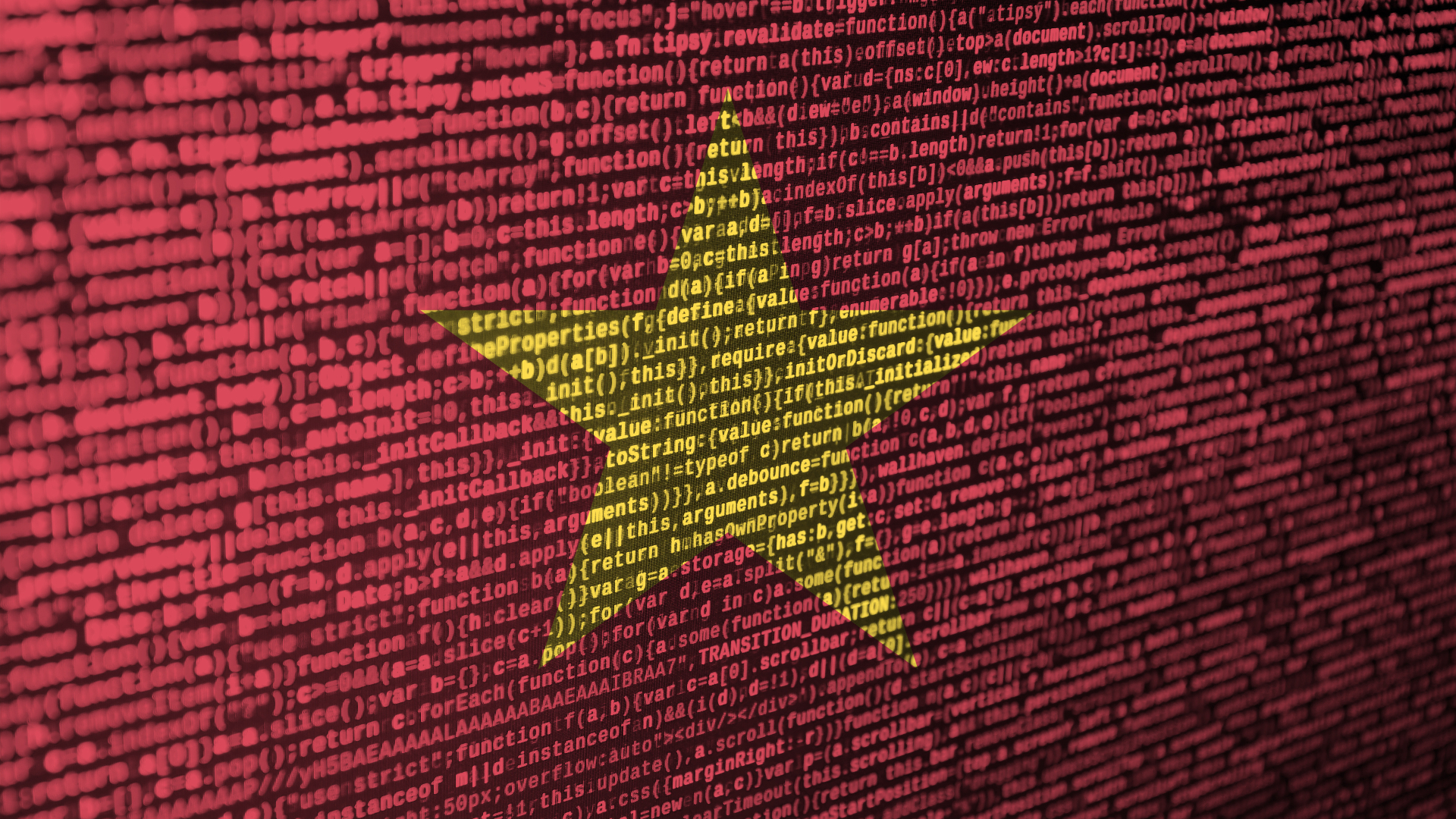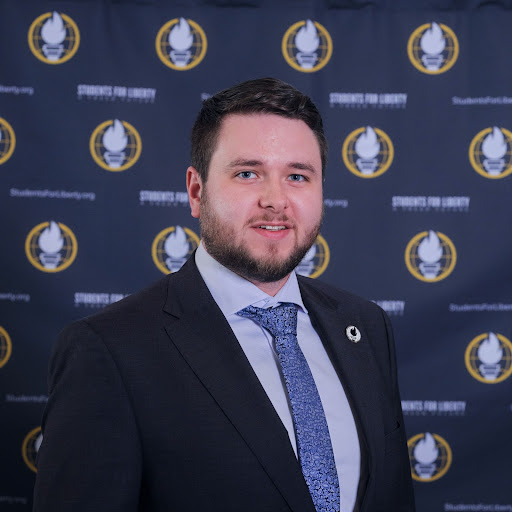In Vietnam, a new regulation will take effect by January 2024 requiring all social media users to verify their identities in order to use online platforms.
“Unverified accounts, no matter on local or foreign platforms such as Facebook, TikTok, YouTube, will be dealt with,” declared Nguyen Thanh Lam, Vietnam’s Deputy Minister of Information and Communications.
This move is a blatant violation of the right to free expression and privacy.
Under the new law, social media users will be required to divulge personal information, including their real names, government identification numbers, and photos in order to verify their accounts on all platforms, even global ones. The Vietnamese government claims that the law is necessary to curb fake news, hate speech, and other illicit online activities.
Social media platforms in Vietnam will be tasked with verifying user identities and could face penalties if they fail to comply.
Vietnam’s new regulation represents a direct assault on anonymity and privacy, which are crucial to a free society. Anonymity has long been an essential tool for political dissidents, whistleblowers, and anyone who fears retaliation for their speech. It allows them to express themselves freely without fear of retribution.
The Vietnamese government’s justification for this regulation is to protect national security and public order. However, by requiring users to reveal their real identities, the Vietnamese government is effectively censoring speech that doesn’t align with its interests. This move has the potential to create a chilling effect on free expression and restrict the free flow of information online.
Furthermore, the new regulation opens the floodgates to government surveillance and potential targeting and abuse of users. With a comprehensive database of personal information, the government can monitor and track users, limiting their ability to speak out against the government’s actions.
Forcing users to verify their accounts may also lead to a reduction in the diversity of voices on social media platforms. Those who are unable or unwilling to verify their accounts may be deterred from using these platforms, and their perspectives may be lost in the public discourse. This will have negative consequences for the quality of public debate as well as the ability of marginalized groups to voice their opinions.
This latest attack on freedom of expression is not only a problem in Vietnam but a global issue. Indeed, Vietnam is not the only country to impose laws restricting anonymity and privacy under the guise of protecting national security.
A similar policy is already in place in neighboring China, another one-party communist state. The difference is that China’s social media policy is even more repressive, prohibiting residents from legally accessing most global platforms and restricting them instead to government controlled domestic platforms exclusively.
However, conversations around the idea of imposing mandatory social media ID verification are not restricted to renowned authoritarian countries like Vietnam and China. Instead, it is a global debate.
For instance, the British government is in the process of passing the Online Safety Bill, which seeks to introduce a new regulatory regime for addressing online content and impose age verification for social media accounts. Similarly, the European Union’s Digital Services Act contains provisions for ID verification.
Anonymity allows individuals to express their opinions freely without fear of retribution. This is particularly important for individuals who live in oppressive regimes or who face discrimination in their daily lives. For some, anonymity may be the only way to express themselves and connect with like-minded individuals without putting themselves at risk.
In a free society, individuals must have this option.
Allowing social media platforms to operate without the government monitoring every move is essential for a free society. This regulation has the potential to turn social media platforms into tools for government repression rather than spaces for free expression.
Further reading
To read more about related topics, be sure to check out the content below:
Is social media a modern-day Tower of Babel?
Why Section 230 is vital for freedom of expression online
The Misuse of Social Media Act: a threat to freedom of expression in Uganda
The TikTok dilemma: privacy risks vs the importance of free choice
Are you a student interested in getting involved in pro-liberty activism? By applying to join Students For Liberty’s Local Coordinator Program, you can be supported in promoting the ideas of liberty while also developing your skills and meeting many like-minded students from across the world. Click on the button below to find out more and get involved!
Are you looking for an opportunity to gain new insights about the ideas of liberty and network with like-minded individuals? Students For Liberty’s upcoming LibertyCon International, held in Washington, D.C., on February 2-4, 2024, is an event you won’t want to miss!
LibertyCon International offers an opportunity to engage with top experts, scholars, and entrepreneurs from a variety of fields while providing a platform for attendees to connect with others who are dedicated to advancing pro-liberty ideas and creating a freer future.
Click the button below to sign up for updates and secure your spot at this exciting event. We can’t wait to see you there!
This piece solely expresses the opinion of the author and not necessarily the organization as a whole. Students For Liberty is committed to facilitating a broad dialogue for liberty, representing a variety of opinions.



